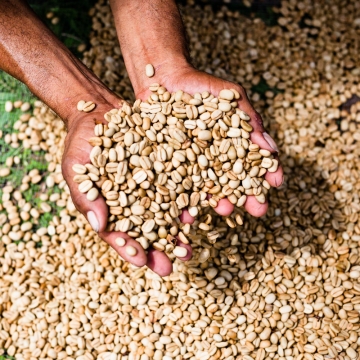
How can climate information improve adaptive capacity in Namibia?
Climate forecasting is essential for improved decision-making and risk mitigation in arid and semiarid regions where farm production is a dominant livelihood. However, the access and use of climate…






